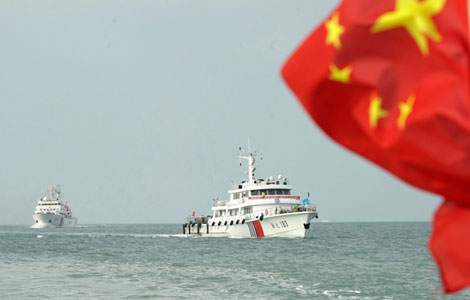
Southeast Asia in Dark Times: Philippines’ Martial Law and Indonesia’s Mob Rule
The future of democracy and the rule of law in Southeast Asia is in peril. While fundamentally different in many ways, current political developments in the Philippines and Indonesia showcase an erosion of fundamental rights, respect of differences and due process. Confronted by terrorism, drugs and illiberal groups, how willing and able are the governments of the Philippines and Indonesia to balance national security prerogatives and popular demands with respect for civil liberties? A Spiral of Murder in the Philippines Under the leadership of President Rodrigo Duterte, the Filipino government embraced “martial law” to wage war on drugs, and now against militants aligned with the Islamic State. The government’s actions have reportedly led to widespread human rights violations and extra-judicial …

The outlook for continuing stability in the South China Sea
East Asia’s rapid economic and military development has captured global attention. Analysis of news coverage demonstrates that regional economies and tensions have been growing in tandem. The South China Sea has historically been of particular interest because of the number of conflicting claims on the islands and sea-lanes it encompasses. Of note, these conflicts have never escalated to a full-scale regional war. Direct extrapolation suggests that previous restraint in military interactions implies the nations involved do not consider the potential benefits sufficient to justify an upset to the balance of power. However, contemporary changes in economic and security conditions complicate the issue.









